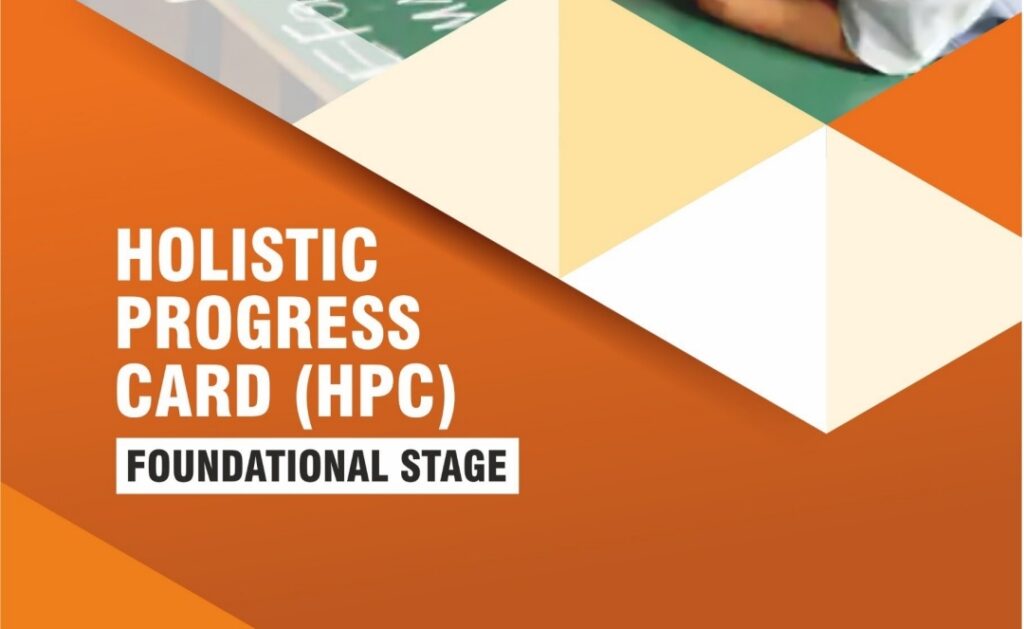Holistic Progress Cards
Holistic Progress Cards: Rethinking Student Success Beyond Grades
Imagine a world where a student’s worth isn’t reduced to a letter or percentage. Instead, their curiosity, kindness, creativity, and resilience are celebrated alongside math and reading skills. This is the vision behind **holistic progress cards**—a revolutionary shift in how we measure student growth. In this article, we’ll explore why schools worldwide are adopting this approach, how it benefits learners, and what it means for the future of education.
The Problem with Traditional Report Cards**
#### **The Narrow Focus on Academic Performance**
For decades, report cards have served as the primary tool for evaluating students. But they often tell an incomplete story. A child who struggles with fractions but excels at conflict resolution or creative writing might see their strengths overlooked. Traditional grading systems prioritize memorization and test scores, leaving little room for skills like collaboration, empathy, or critical thinking.
#### **Stress and Anxiety in Students**
—
### **What Is a Holistic Progress Card?**
#### **Defining Holistic Assessment**
A holistic progress card evaluates the **whole child**, blending academic performance with social-emotional skills, creativity, physical health, and ethical development. Instead of a single grade for “science,” it might assess curiosity, problem-solving, and teamwork during lab experiments.
#### **Key Components of a Holistic Progress Card**
– **Social-Emotional Development**: Empathy, conflict resolution, and self-awareness.
– **Creativity & Innovation**: Artistic expression, originality, and risk-taking.
– **Physical Well-being**: Participation in sports, nutrition habits, and sleep patterns.
—
### **Why Holistic Progress Cards Are Game-Changers**
#### **Fostering Well-Rounded Development**
In Finland, holistic assessments have been standard for years. Students engage in project-based learning, and teachers evaluate their ability to collaborate and think critically. The result? Finnish students consistently rank among the happiest and most academically proficient globally.
#### **Reducing Student Stress**
A 2022 study by the **Collaborative for Academic, Social, and Emotional Learning (CASEL)** found that schools using holistic reporting saw a 30% drop in student anxiety. Without the pressure of letter grades, learners focus on improvement rather than perfection.
#### **Strengthening Parent-Teacher Partnerships**
When parents receive a holistic progress card, they gain actionable insights. For example, instead of seeing a “C” in math, they might learn their child excels in visual learning but needs support with time management.
—
### **Real-World Success Stories**
#### **Case Study: India’s CBSE Initiative**
In 2021, India’s Central Board of Secondary Education (CBSE) replaced traditional report cards with holistic progress reports for grades 1–8. Teachers now assess students through portfolios, peer reviews, and self-assessments. Early results show improved parent engagement and student self-confidence.
#### **Innovation in U.S. Schools**
At High Tech High in California, students showcase projects—like building solar-powered cars or writing novels—instead of taking finals. Their progress cards highlight creativity, perseverance, and public speaking skills. Graduates report feeling better prepared for college and careers.
### **Expert Insights: Why Holistic Assessment Works**
– **Sir Ken Robinson**, education reformist: *“Creativity is as important as literacy. Holistic evaluation nurtures talents we’ve overlooked for generations.”*
– **Dr. Angela Duckworth**, psychologist: *“Grit and curiosity are better predictors of long-term success than IQ. Holistic metrics capture these traits.”*
– **CASEL Research**: Schools with social-emotional learning programs see an 11% boost in academic performance.
### **Overcoming Challenges**
#### **Resistance to
*☝️ પ્રાથમિક શાળાના શિક્ષકોને 'પ્રતિભાશાળી શિક્ષક પ્રમાણપત્ર'થી પ્રોત્સાહિત કરવા બાબત આજનો લેટર*
✍️ *પ્રતિભાશાળી શિક્ષક દરખાસ્ત નમૂનો





No comments:
Post a Comment